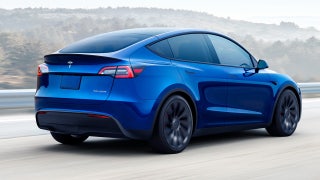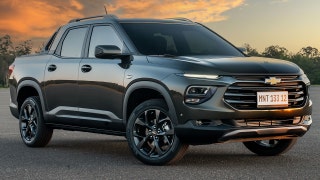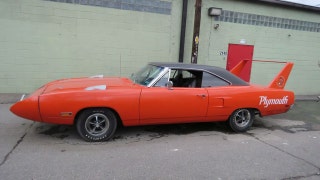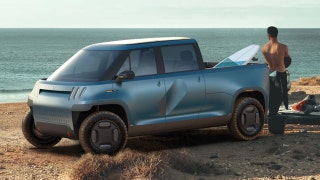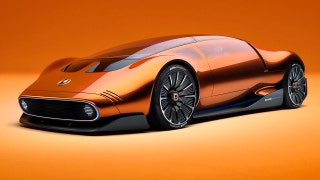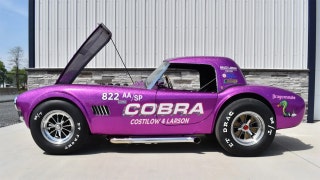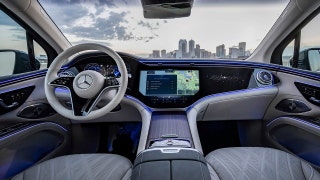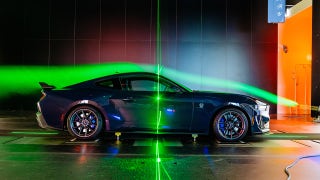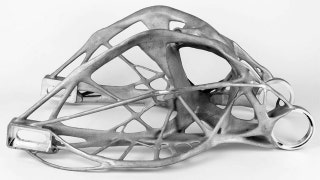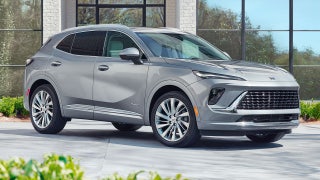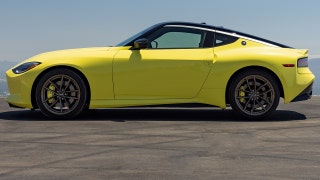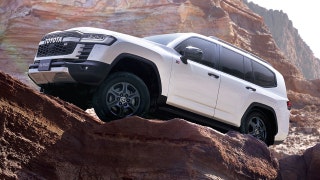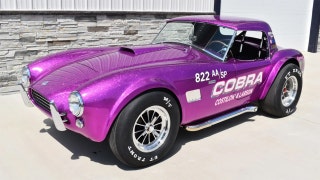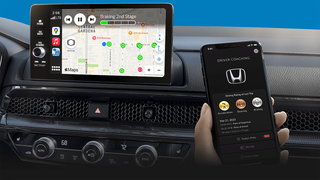IT’S A TURBO!
It’s a hybrid.
Both are true, but Volkswagen would rather you keep the former in mind when you cross shop the 2013 Jetta Hybrid against other environmental do-gooders like the Toyota Prius.
The word “turbo” itself really isn’t important. Power is power, after all. But, even if it describes an increasingly common engine type these days, it still sounds cool to some people.
More to the point is the fact that the Jetta’s 1.4-liter internal combustion engine/electric motor combo develops 170hp, about 25 percent more than the Prius has.
Fuel efficiency is the trade-off, here. The Jetta Hybrid gets 45 mpg combined, the Prius 50 mpg.
But at what price that 5 mpg?
Volkswagen argues that it’s built a “real” car that offers superior performance, ride, handling and refinement compared to the Toyota and other efficiency-maximized hybrids. On those measures, it very well may have.
The engine in the VW may be small, but it’s smooth and well muffled, even with your foot to the floor. Instead of the droning you get from the CVT setups used by most hybrids, including the Prius, the Jetta uses a seven-speed dual-clutch automatic (DSG) that performs lightning fast shifts and allows the engine to rise and fall with the throttle in a more conventional manner.
That is if it’s not working in pure electric drive, which VW says it can do up to 44 mph over short distances. I actually hit 50 mph on batteries once, possibly on a slight downhill. Even with a not particularly light foot calling the shots, the Jetta often ran as an EV around town, and the transitions between modes were as seamless as those of most other hybrids I have encountered.
As with many battery-powered cars, however, the brake pedal is little jumpy as the car switches between using the resistance of the electric motor to slow down while generating electricity, and the disc brakes for quick and full stops, but it’s easy to get acclimated.
Slightly more annoying is the occasionally jarring engagement of the transmission in stop and go driving. The DSG is essentially a manual with a robot working the clutch and, every once and a while, C-3PO pops it a little. But usually, it runs like it just got out of the oil bath in Luke's garage.
Appropriately, it’s on the highway where old “turbo” really comes into its own. Its power is on par with conventional compact cars, including the five-cylinder Jetta, and never feels pokey.
Under full acceleration, with the engine and electric motor running at max, and the needle on the power gauge pinned in the “boost” zone, it’s downright lively, with a slight electric motor whine chiming in to add some futurism to the soundtrack. But the ride is where this car truly excels.
Unlike the rest of the Jetta lineup, the Hybrid uses an independent rear suspension cribbed from the sporty GLI model. This is primarily to help with the packaging of its 1.1 kWh lithium-ion battery pack -- which takes up relatively little trunk space and even leaves room for a spare tire under the floor -- but pays added benefits in the areas of comfort and handling.
The Jetta Hybrid glides over bumpy surfaces on well-damped springs, but also takes turns like a champ. Very neutral around curves, even when pushed, it puts on an impressive performance in the dynamics department, and the nicely-weighted, communicative steering doesn't feel like its attached to a video game console. This is a car that you can enjoy taking for a drive, not just a ride.
The icing is so sweet, in fact, that it’s easy to forget about the cake: fuel economy. That is the Jetta Hybrid’s primary mission, after all, so how does it do?
Although it fell short of its EPA rating in my real world testing, it hit a high of 42 mpg at an average of 42 mph on a loop that the larger 47 mpg-rated Ford Fusion Hybrid could hardly muster 40 mpg on at lower speeds.
Astute diesel fans may note that 42 mpg is the highway rating for a Jetta TDi fitted with an automatic transmission, which costs $850 less than the $25,790 hybrid. But the oil burner also has combined fuel economy of just 34 mpg.
Further complicating this internecine comparison, however, is that the Jetta Hybrid requires premium fuel, cutting into its price at the pump advantage over the diesel. Nevertheless, a typical driver should still save about $500 bucks a year filling it up.
But while VW is happy to offer its customers these alternatives, it’s surely more interested in stealing sales from the other guys, most notably that Prius, which starts at $24,995.
Against it, the Jetta definitely makes its “real” car case. It looks normal from the outside, has a spacious and straightforwardly-designed cabin, and if Fahrvergnügen is still a thing, exhibits plenty of that. What’s missing is the razzle dazzle.
Even in the fully-loaded, $31,975 example I spent a week with, a pretty run of the mill navigation system, backup camera and Bluetooth is about all of the technology on offer. Spend the same money on a Prius and, along with its “look at me saving the world” style, you can get things like radar cruise control, an automatic parking system and even a solar panel for the roof to match the one on your LEED certified home.
It’s all very neat stuff that also serves to distract you from the reality that the Prius is a boor to drive. Don’t get me wrong, I’m not a hater. Most people could care less about that sort of thing, and the Prius offers a great package at an affordable price and is still the most fuel efficient car you can buy without a plug, which is why it single handedly outsold all of the Jetta sedans combined last year.
But this year, I’d pick the Jetta Hybrid. For keeping things interesting, it’s definitely worth the 5 mpg.
----------
2013 Volkswagen Jetta Hybrid
Base Price: $25,790
As Tested: $31,975
Type: 5-passenger, 4-door sedan
Powertrain: 1.4L turbocharged 4-cylinder/electric motor combo
Power: 170 hp, 184 lb-ft torque
Transmission: 7-speed automatic
MPG: 42 city/48 hwy
